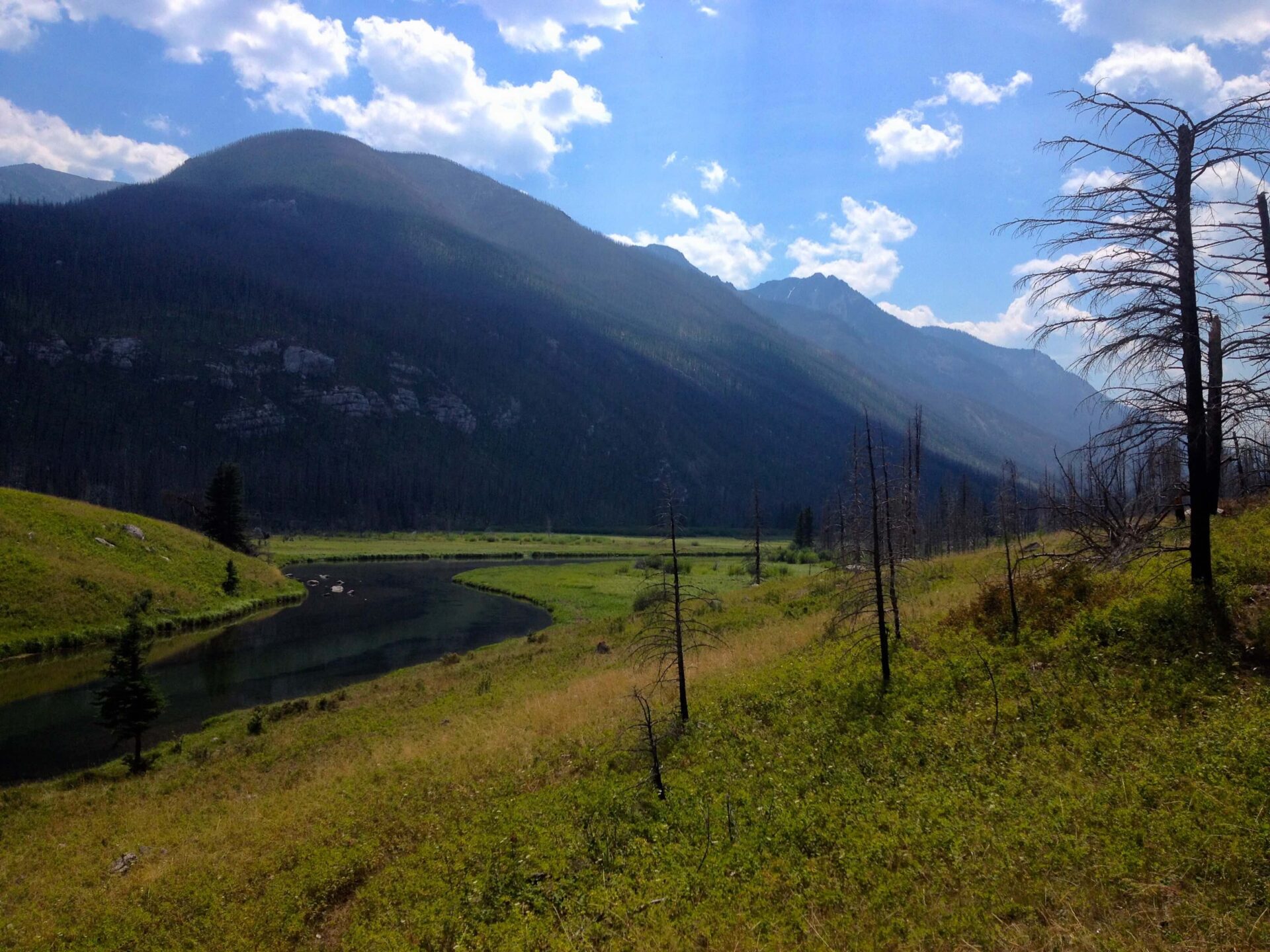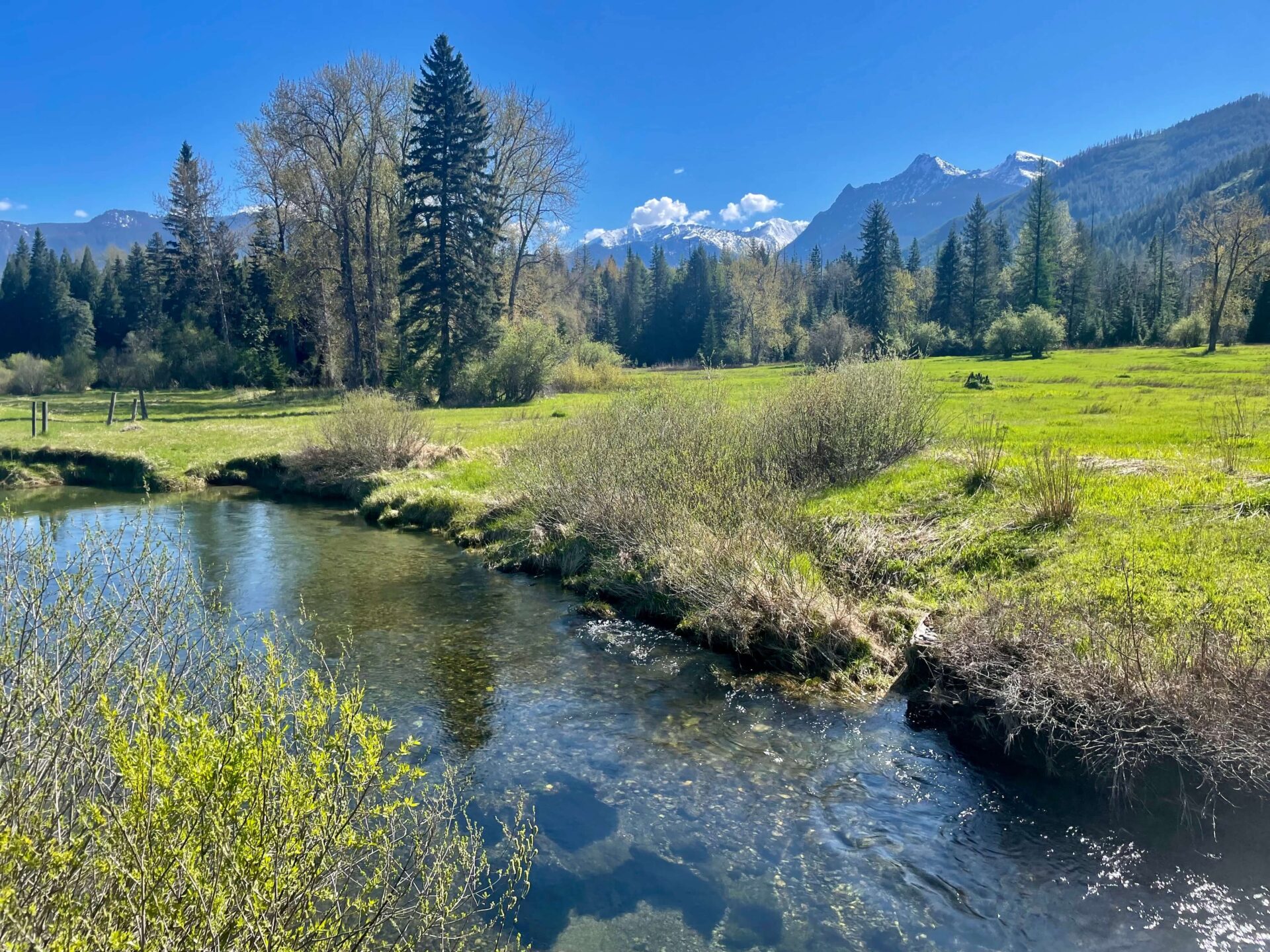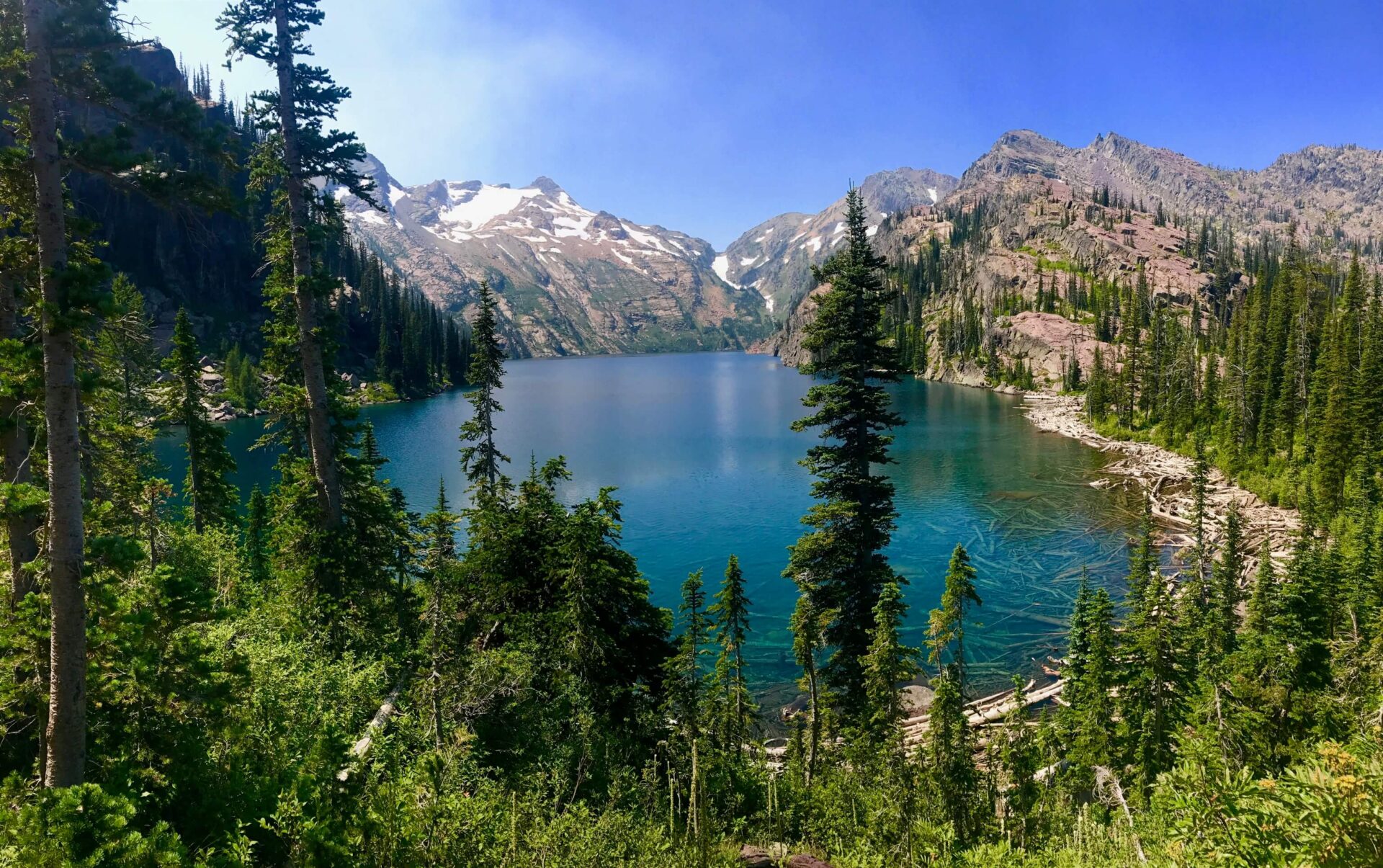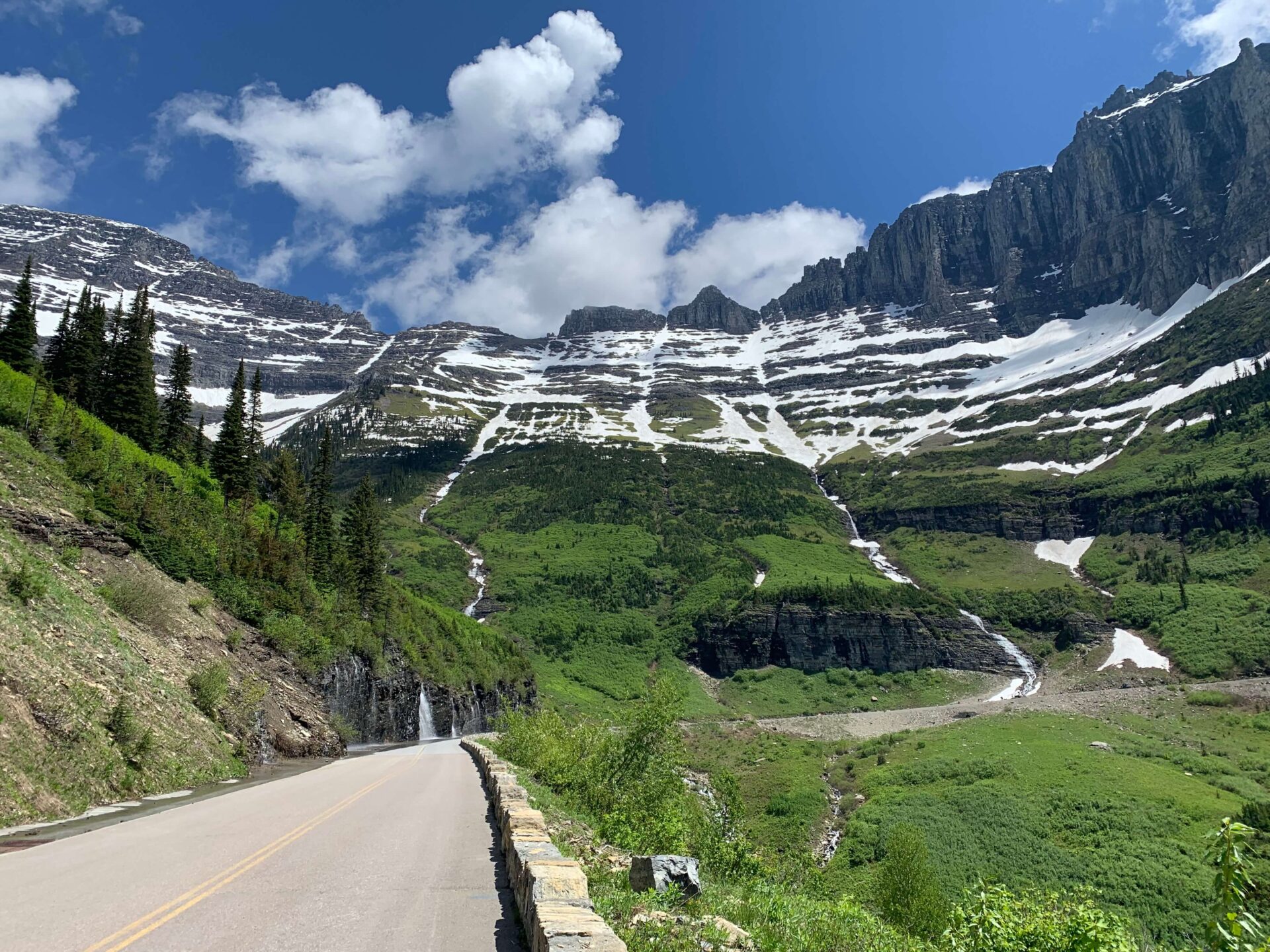On September 28, 2022, the Department of Justice formally withdrew its second 9th Circuit Appeal after losing a judgment on the merits issued by the Honorable Donnald Malloy. At issue in the case was the agency’s failure to act pursuant to § 706(1) of the Administrative Procedures Act and the National Scenic Trails Act. Emily Wilmott and Graham Coppes successfully prosecuted the case against the Kootenai National Forest who were more then a decade late in drafting and authorizing a Comprehensive Plan which incorporated protections for the Cabinet-Yaak population of Threatened grizzly bears.
Montana Supreme Court to Determine fate of Montana Artesian Water Company Permit in full seven justice (en banc) panel
Ferguson & Coppes attorney’s Graham Coppes and Emily Wilmott have submitted the final briefs in what has now become a 5 year long battle to protect senior water rights and lawful agency decision making. After Graham and Emily prevailed for the second time in the First Judicial District, the Company again appealed. See Flathead Beacon article. Now, after all briefs have been submitted, on November 30, 2022, the Montana Supreme Court issued an order declaring that the matter has been submitted for decision to the full court sitting “en banc.” Our attorneys and clients eagerly await that decision.
John Ferguson presents at the annual Montana Water Law Conference on DNRC’s New Guidance for Combined Appropriations
On October 5, 2022 John Ferguson presented to Montana’s water law practitioners concerning the history of and recent changes to DNRC’s interpretation and enforcement of “combined appropriations” from multiple groundwater wells. More specifically, DNRC has recently again changed its analysis § 85-2-306, MCA, which authorizes the appropriation of groundwater up to 10 acre-feet per year from a single source aquifer, without a permit. In implementing this statute, DNRC has struggled over the years to articulate a clear policy for how it will deal with multiple wells developed on an individual property, or developed as a part of a single project. John’s presentation shed light on the nuances involved in this issue and the very muddy water which still surrounds this issue.
https://www2.theseminargroup.net/uploads/seminars/seminar_7209/brochure/brochure.pdf
Ferguson & Coppes files suit on behalf of senior water users defending against a newly proposed subdivision authorized with illegal exempt wells
The lawsuit, filed in 1st Judicial District Court in Broadwater County, alleges the defendants failed to do their duty to consider impacts and protect water and land resources from unreasonable degradation under the Subdivision and Platting Act and the Montana Water Use Act. The lots received Montana Department of Natural Resources and Conservation (DNRC) approval to use aggregated exempt wells. At the center of the issue is Horse Creek Hills, a four-phase, 435-acre subdivision in Broadwater County on the eastern shore and directly upstream from Canyon Ferry Reservoir and Confederate Creek.
The proposed site is a rural, predominantly agricultural landscape and borders both state and Bureau of Reclamation land. The co-plaintiffs said in a news release announcing the lawsuit the county has ignored overwhelming public opposition to Horse Creek Hills without taking a hard look at the negative impacts this subdivision will have on agricultural operations, water resources, local wildlife, and the livelihoods of Broadwater County residents.“Our senior water rights, cattle operations, neighborhood roads, and quality of life will all bear the brunt of this subdivision if it goes forward,” Carole Plymale, a cattle rancher in Townsend
See KTVH article.
Ferguson & Coppes attorney secures $175,000 dollar settlement for client in multi-venue water use and ditch restoration case
Recently Graham Coppes successfully secured a large settlement on the eve of trial for a client fighting to restore his water delivery systems after a neighbor bulldozed the historic ditches. After initiating suit, the neighbor claimed that the client’s water rights were invalid. Graham successfully defended the matter after certification of the proceeding to the Montana Water Court, where the Court awarded Graham’s client the full historical flow rate as claimed. Upon winning at the Water Court, the case returned to district court, where Graham successfully settled the case with a large damage award for his client.





